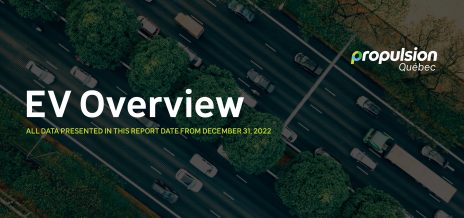Electrifying school bus fleets : Implementing the pilot project and phase-in
In this series of articles, we demystify the key steps of converting your school bus fleet to electric power thanks to the Transporteur+ guide. This guide aims to provide easy and direct access to resources to clarify the steps, issues, conditions and facilitating measures for a successful transition to electrification.
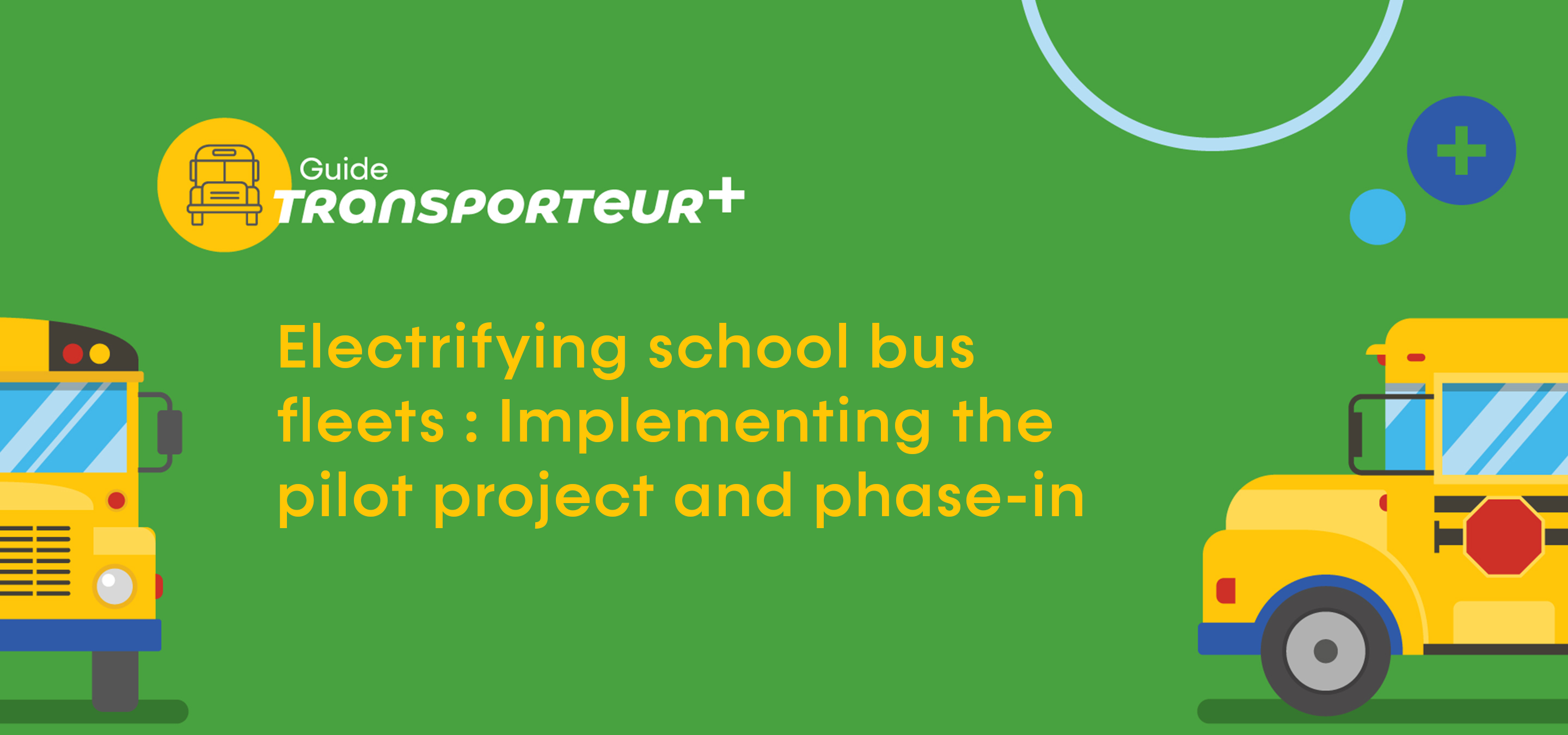
After properly planning your school bus electrification project and choosing your supplier, it is time to implement your pilot project. The phased integration of electric vehicles reduces operational risks considerably, allowing you to identify and correct transition-related issues as they arise, without impacting your services. This allows you to gradually become familiar with new technologies associated with electric vehicles, charging systems and the various after-sales services available. Discover how to properly plan your pilot project in this blog article.
The implementation of a pilot project and the phased integration of electric vehicles is a key step in your school bus electrification project. This allows you to identify the operational best practices to adopt based on your needs with respect to distances traveled, weather conditions, types of roads, etc. Following this first phase, a post-mortem analysis is recommended to identify areas for improvement when integrating future electric buses. This analysis should take place six to ten months after the electric buses are commissioned and include a winter use period to validate all system components under extreme use conditions, as well as recommendations for future deployments.
If you have a fleet of more than ten vehicles, a pilot project replacing 10% to 15% of your fleet with electric buses will allow you to achieve the above-mentioned objectives. If you have a fleet of ten vehicles or less, it is recommended that the vehicles be gradually integrated in phases, starting with one or two electric buses and their charging equipment in the first phase.
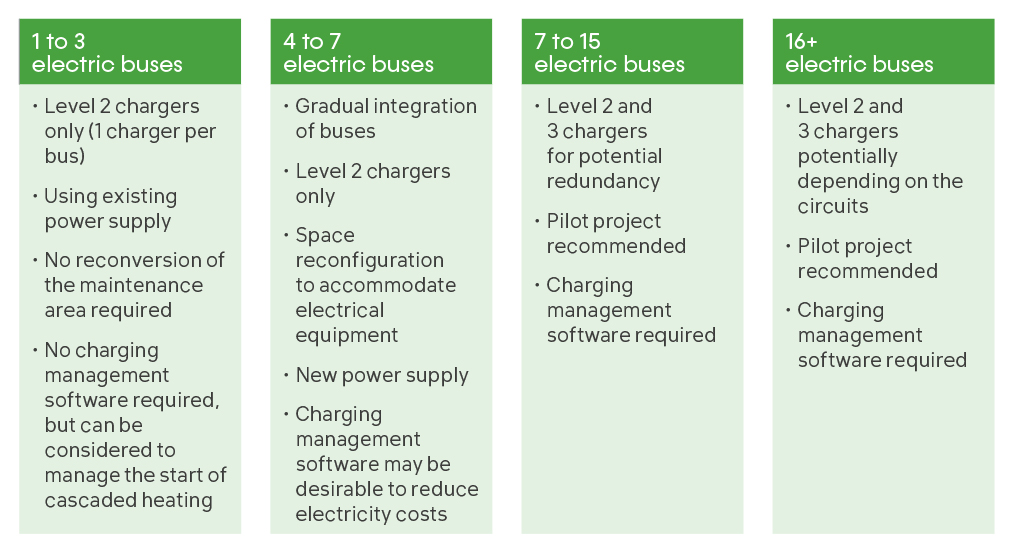
This project was made possible thanks to the financial support of the Government of Quebec, the Trottier Family Foundation, the Greater Montreal Climate Fund and the Fonds de solidarité FTQ. Propulsion Québec would also like to thank The Transition Accelerator and the WSP Canada team for their critical contributions, as well as all the experts involved in the development of this guide.
Continue reading on the subject

Zero-Emission Delivery Hub
The main objective of the zero-emissions delivery hubs project is to decarbonize last-mile delivery in Montreal’s delivery-dense areas. Last-mile delivery, also called urban delivery, is one of the most polluting steps in the delivery of your parcels. By integrating a drop-off point, also called a “zero-emissions delivery hub,” for decarbonized last-mile delivery in your area, […]
Read more
The challenges of designing a 40-tonne, 100% electric mining vehicle for open-pit mines
Partnerships and implications The partners involved in the development of a 100% electric Quebec mining vehicle were all eager to be involved with the project from the outset, for a variety of reasons. NRC’s Eddy Zuppel explained their contribution: “Before starting the project, it was important to model and simulate the vehicle’s route in order […]
Read more
Energy efficiency: Financial support to put your ideas into action
Leading a company involves balancing several priorities at the same time. Energy efficiency? It’s an important issue—one of many! What if we gave you what you need to make energy efficiency a driving force behind your company’s performance and profitability? The good news is, Hydro-Québec offers financial assistance and guidance to help you balance performance and energy efficiency.
Read more
My Consumption Profile: data that lets you strategically manage your electricity use
Companies have a critical role to play in the energy transition. Knowing that energy efficiency factors big into profitability, your organization will benefit from strategically managing its electricity use. The key? Your data!
Read more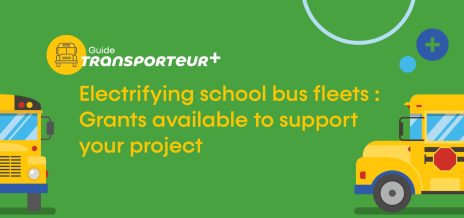
Electrifying school bus fleets : Grants available to support your project
In this series of articles, we demystify the key steps of converting your school bus fleet to electric power thanks to the Transporteur+ guide. This guide aims to provide easy and direct access to resources to clarify the steps, issues, conditions and facilitating measures for a successful transition to electrification.
Read more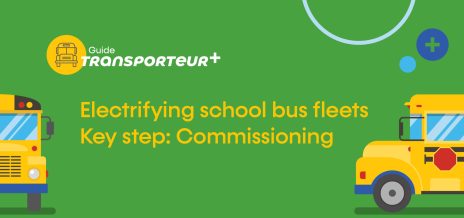
Electrifying school bus fleets | Key step : Comissioning
In this series of articles, we demystify the key steps of converting your school bus fleet to electric power thanks to the Transporteur+ guide. This guide aims to provide easy and direct access to resources to clarify the steps, issues, conditions and facilitating measures for a successful transition to electrification.
Read more
Demand response: Save money by using hydro at the right times
If you could lower your company's hydro bill while contributing to the collective effort to support Quebec’s energy transition, would you? Yes, most likely! How? By curbing power demand for buildings and equipment during peak demand events.
Read more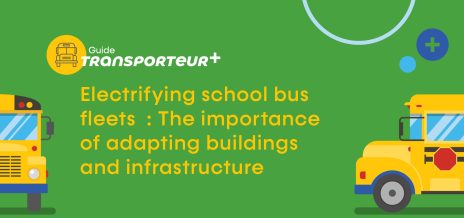
Electrifying school bus fleets : The importance of adapting buildings and infrastructure
In this series of articles, we demystify the key steps of converting your school bus fleet to electric power thanks to the Transporteur+ guide. This guide aims to provide easy and direct access to resources to clarify the steps, issues, conditions and facilitating measures for a successful transition to electrification.
Read more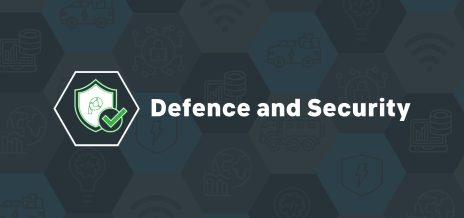
Defence and Security
The Electric and Smart Transportation (EST) positioning program for D&S is a project that will ultimately allow Propulsion Québec members to tailor their product and service offering to multiple D&S markets, facilitating the transition to electric and smart vehicle fleets and infrastructure.
Read more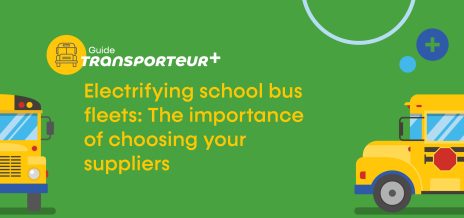
Electrifying school bus fleets: The importance of choosing your suppliers
In this series of articles, we demystify the key steps of converting your school bus fleet to electric power thanks to the Transporteur+ guide. This guide aims to provide easy and direct access to resources to clarify the steps, issues, conditions and facilitating measures for a successful transition to electrification.
Read more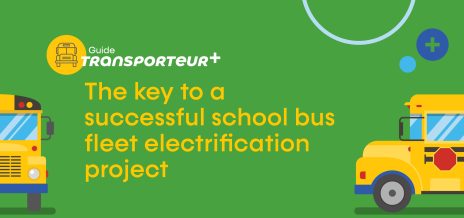
The key to a successful school bus fleet electrification project
In this series of articles, we demystify the key steps of converting your school bus fleet to electric power thanks to the Transporteur+ guide. This guide aims to provide easy and direct access to resources to clarify the steps, issues, conditions and facilitating measures for a successful transition to electrification.
Read more